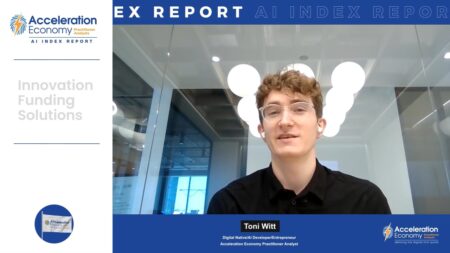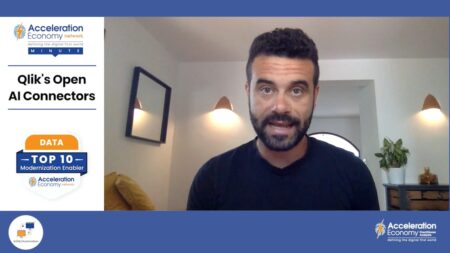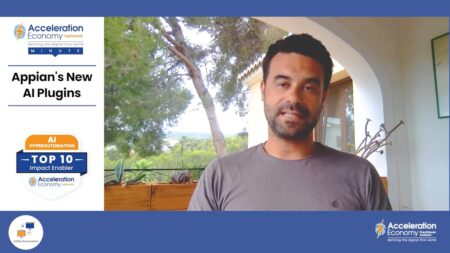AI Index Report episode 3: IBM releases watsonx.ai platform for enterprises; Databricks acquires MosaicML for $1.3 billion; and Amazon announces Amazon CodeWhisperer copilot.
Search Results: developer (966)
Bloomberg recently announced that its cloud-based data management solution is now driving a Snowflake-native app.
Microsoft furthers its Copilot integrations, as AI-assisted development continues to gain momentum from LLMs and generative AI.
Mercedes-Benz, Ulta, and Toyota are co-creating with leading vendors to leverage AI for extraordinary customer experiences.
The blurring lines between AI and low-code are reshaping software development, as AI complements low-code platforms and expands their capabilities.
J.P. Morgan’s Payments Partner Network and Six Flags’ new payment technology implementations demonstrate the power of ecosystem partnerships for innovation and value creation.
Generative AI will play an increasing role in graphic design. Learn how graphic designers can capitalize on AI to enhance their work while working around its limitations.
Qlik’s new features enable users to harness generative AI more effectively while expanding their data and analytics capabilities.
Databricks announces Lakehouse Apps, enabling developers to build and distribute native applications on its Marketplace, providing easy integrations, extended services, and flexibility for developers.
With the release of its first large language model, Stability AI serves as an open-source alternative to OpenAI’s ChatGPT.
The increasing adoption of cloud services, particularly software-as-a-service (SaaS), has reshaped the role of the chief information security officer (CISO).
At Snowflake Summit, the Cloud Data leader details innovations in LLMs, generative AI, and app development functionality.
Companies must consider various applications of generative AI to extend their value propositions for customers.
Startup Watershed, a developer of products to support sustainability, has launched a disclosures app to streamline mandatory and voluntary reporting.
Microsoft CEO Satya Nadella recently referred to ChatGPT as a “steam engine.” Bob Evans suggests the tool is just the beginning of the generative AI revolution.
Is ChatGPT comparable to the invention of the steam engine? Microsoft CEO Satya Nadella says so, and Bob Evans explores this analogy.
With Microsoft Fabric, the company is unifying the corporate data estate while managing powerful AI models and governing data across the organization.
Gen AI raises privacy, confidentiality, and security concerns. The C-suite needs a plan for addressing these issues, and edge computing can play a vital role.
Plugins available through the Appian App Market deliver new AI functionality and build upon the company’s generative AI integrations.
The speed of AI innovation is outpacing companies’ ability to understand, let alone manage, the risk. This is where leaders can take control.





















